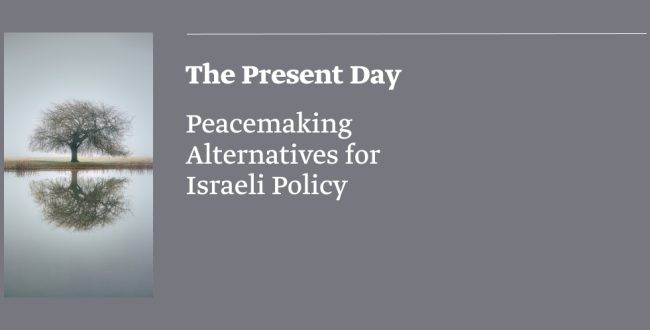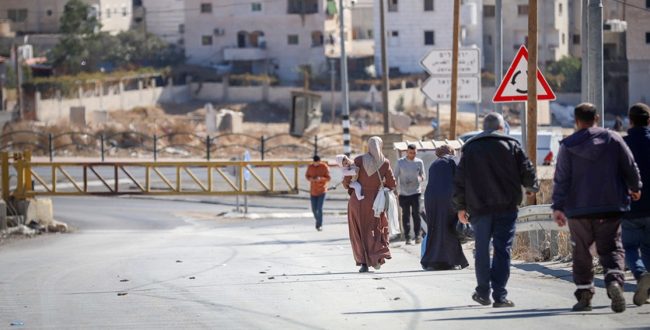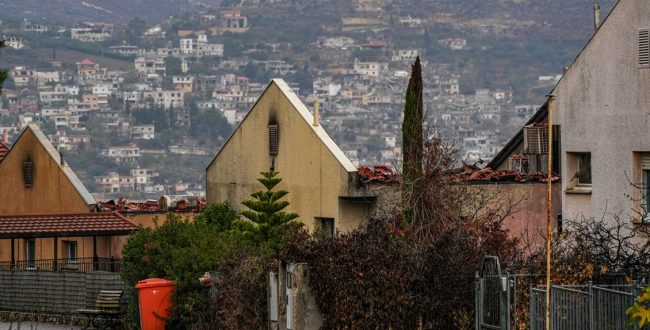It is hardly surprising that Israel’s security cabinet recently decided to propose a bill that would outlaw the northern branch of the Islamic Movement in the country. Over the last decade, state policy has been to undermine the political and cultural identity of Palestinian citizens of Israel (PCI), while encouraging their integration into Israeli economy. This serves both to free up state funds and to soften the edges of the exclusion of these citizens as a national minority.
Is this move any less harsh than raising the electoral threshold ahead of Israel’s last general elections, which effectively limited Palestinian representation in parliament? In this case, the restriction is being applied to the Islamic Movement, which is not officially represented in state institutions. However, both harsh measures are a continuation of the hardline establishment policy regarding Palestinian citizens as a national minority in Israel. The decision to outlaw the northern branch of the movement came with an announcement that the state is to allocate copious new funding to economic development and fighting discrimination in the PCI sector. This attests yet again to the existence of a double-pronged policy aimed at politically excluding and economically including the Palestinian minority in Israel.
The proposed bill can also be analyzed in the context of Israel’s latest security challenges. The northern branch of the Islamic Movement, led by Sheikh Raed Salah, has prioritized the issue of Jerusalem and the Temple Mount (Haram a-Sharif) in recent years; nonetheless, Israel has efficiently handled Palestinian steps in that area, including those taken by the Palestinian Authority and by Hamas. The timing of the move to outlaw the branch has no real bearing on the recent strife surrounding the Temple Mount: Israel has long since curtailed Sheikh Salah’s activities in Jerusalem and his current influence regarding the city’s holy sites is questionable. Israeli intelligence would probably be eager to tie him, directly or indirectly, to the recent Palestinian violence in East Jerusalem and the West Bank. However, it is unlikely that Palestinian youngsters see Sheikh Salah as an inspiration to risk their lives by attacking Israelis – especially since political agreements have been reached to restore the status quo on the Mount.
In other words, the motivation for the proposed bill is not security-based but rather political: to shape the Israeli narrative about what can be termed the third Palestinian Intifada. This is achieved not only by rhetorical trickery (such as referring to a “wave of terrorism”) but primarily by constructing the recent attacks as a story of radical religious-Islamic incitement that exploits the sensitive status of Haram a-Sharif. Framing developments in Palestinian society through this lens helps divert attention away from the deep reasons for Palestinian violence both within Israel and in the West Bank. It especially helps muffle discussion of Israel’s policies regarding Palestinian representation: the freeze on processes of political arrangement concerning the Palestinian population in the West Bank, the neglect of Palestinian neighborhoods in East Jerusalem that has left them marginalized and lawless, and the ongoing political exclusion of Palestinians within Israel itself.
The official narrative of a terrorist Intifada informed by extremism and influenced, among other things, by the northern branch of the Islamic Movement is primarily a political spin intended to thwart criticism of Israeli policy and its underlying assumptions. This ensures that Israeli policy towards Palestinians remains unchanged. The fact that the bill was proposed while the horrific terror attacks in France were still fresh in public memory helps create an imaginary tie between Sheikh Salah and ISIS, making it easy to justify to the cabinet’s decision. Taken together, all aspects of this measure serve to reinforce Israel’s official narrative concerning the third Intifada: an out-and-out battle against Islamic extremism wherever it may rear its head. Prepare for more of the same.
Translator: Michelle Bubis

















